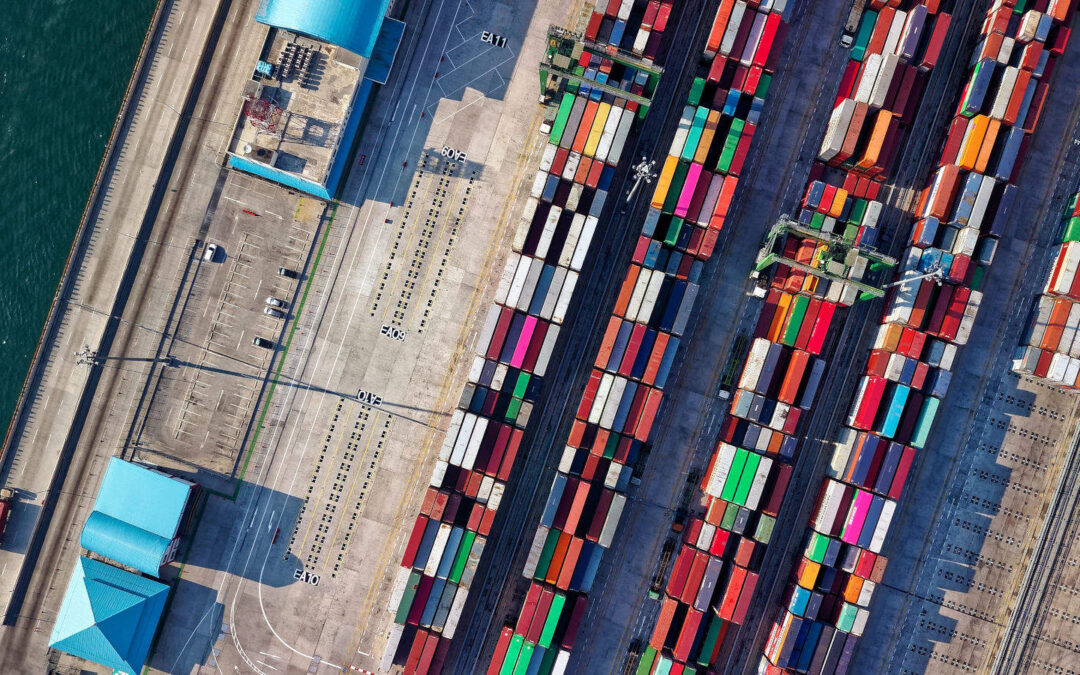Part 3 of 5: The blockchain fundamentals by rewired.one
The transformational power of blockchain, without the hype
TL;DR.
Blockchain is an incredibly versatile technology limited only by your imagination.
It is crucial primarily because of its security, privacy and speed in facilitating the transfer of information and assets. This makes blockchain a trustworthy and tamper-proof platform to authenticate, search and document potentially elaborate and complex transactions between multiple parties. It does this without the need of centralized ownership and control.
All of these factors are seen as particularly important against a backdrop of growing concerns about economic and currency stability, government influence, big tech dominance, food security, business accountability and privacy.
You might’ve heard that blockchain is the future. But you might not know why.
Blockchain is revolutionising the online and ‘real’ world by allowing people and enterprises to operate with confidence.
This includes the handling of our hard earned money, the efficiency of the system we rely on and what happens with our personal information.
For example, cyber attacks on traditional web-based servers have never been more prolific, damaging or more expensive to remedy.
Blockchain replaces vulnerable passwords with highly secure private keys. These are stored in secure hardware and used to sign every interaction on the blockchain, providing new levels of protection for our valuable data.
What separates blockchain from many other technologies?
Security
Blockchain is an immutable public digital ledger which means the information on it cannot be changed. Blockchain’s encryption features mean it is always secure and cannot be breached.
Settlement speed
Transactions on the blockchain are fast, transparent and updated automatically. For example, large international transactions are typically settled about 1000 times faster via blockchain compared to most banks.
Authenticity
All transactions have to be confirmed and verified by the participating parties.
Cost effective
Because blockchain is a decentralized system, there is no fee payable to a middleman. For example, a regulatory authority or intermediary.
Blockchain is transforming some of our most important processes.
And it could reform democracy, by changing the way we vote.
Rewired.one co-founder Torben Anderson joined a panel of experts at GBA Blockchain & Sustainable Economic Growth Conference 2022 in Washington DC to talk about the impact of blockchain on democracy.
Governments around the world have come under increasing scrutiny in recent times with accusations by voters of election fraud.
This was never more apparent than in the aftermath of the 2020 US Presidential election.
Blockchain can change that forever by ensuring governments are transparent and accountable with data able to be reviewed and verified by relevant stakeholders.
Some governments are already considering the introduction of blockchain-based voting platforms.
The obvious benefits include the integrity of the election and counting of votes, the easing of what is a highly labor-intensive process, increased accessibility to voting and a higher turnout by the electorate.
An elector voting twice or the miscounting of votes would not be possible with blockchain technology.
Read more:
- What is blockchain?
- Do I need blockchain?
- What can I do with blockchain?
- How do I choose the right blockchain?
Return back to the BLOG
Rewired.one partners with large enterprises, startup businesses and government agencies to unlock the full power and value of blockchain technology.
Ready to build the future with blockchain? It starts with a conversation.
Fill out your details below and we’ll be in touch.

